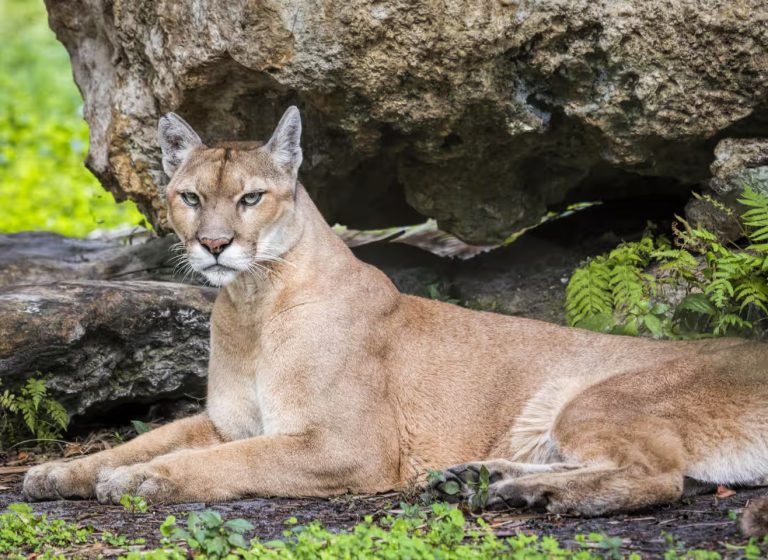Miccosukee Tribe Steps Forward to Protect Florida Wildlife and Sacred Lands
Nearly 200 years ago, members of Native American tribes sought shelter in the vast wetlands of the Florida Everglades during the Seminole Wars, fleeing U.S. government forces determined to relocate them to distant Indian Territory—what is now Oklahoma.
Today, in a historic and symbolic move, the Miccosukee Tribe is working to preserve those same lands that once provided them refuge. Amid sweeping federal cuts to environmental conservation programs under the Trump administration, the tribe is embracing what it calls a “moral obligation” to protect Florida’s ecosystems for future generations.
In a landmark agreement with the Florida Wildlife Corridor Foundation, the Miccosukee Tribe plans to help purchase and steward key parcels of environmentally sensitive land—some with deep tribal significance. The initiative is part of a larger effort to safeguard the Florida Wildlife Corridor, an ambitious 18-million-acre network of connected wildlands designed to ensure the survival of threatened species like the Florida panther, black bear, and Key deer.
Tribal leaders say they will work closely with the foundation and other partners to explore acquiring and managing land within the corridor that holds ecological and cultural importance.
“We have a constitutional duty to protect our ancestral lands—lands and waters that have sustained our people since time immemorial,” said Talbert Cypress, chair of the Miccosukee Tribe. Speaking from the tribe’s 130-square-mile reservation west of Miami, Cypress pointed to federal unpredictability as a key motivator. “There’s been a lot of hesitation when it comes to committing to long-term projects because of how inconsistent the government has been in allocating conservation funds.”
The announcement was made during a recent summit in Orlando bringing together Florida Wildlife Corridor stakeholders. It follows a report by the Native American Fish and Wildlife Society (NAFWS) revealing that 60% of federally recognized tribes have lost access to critical grants and programs—amounting to over $56 million—since Trump took office in 2017.
“These services are a form of restitution for everything we’ve lost—our lands, our resources, our culture, and often our languages,” said Julie Thorstenson, executive director of NAFWS.
As federal support wanes and stewardship agreements with agencies like the National Park Service grow increasingly uncertain, the Miccosukee Tribe is reassessing its approach to conservation. Cypress explained that past tribal administrations were wary of working with government and conservation groups due to broken promises and exclusion from key decisions.
“My predecessors had reason to keep their distance,” he said. “They were often left out of conversations or saw agreements fall apart. But my administration is taking a different path—one based on collaboration and rebuilding trust.”
The tribe already co-manages nearly 3 million acres in the Everglades, Biscayne National Park, and the Loxahatchee National Wildlife Refuge. Cypress said the next step is to identify and prioritize areas within the wildlife corridor that hold both environmental and historical value to the Miccosukee people.
While the tribe is prepared to invest its own funds, Cypress emphasized that its role will also include mobilizing private investors and conservation partners. “We’re looking at how we can conserve these lands in a sustainable way that still allows for smart development,” he said. “We have a responsibility—not just to ourselves today, but to future generations.”
Florida’s Wildlife Corridor was formally established by state lawmakers in 2021, with an initial $400 million investment toward a broader $2 billion land conservation goal. So far, 10 million acres have been protected, but another 8 million remain vulnerable to development. With the state legislature now considering budget cuts to corridor funding, private partnerships are becoming increasingly vital.
At last week’s summit, the Disney Conservation Fund announced a $1 million grant to support conservation training and expand public access to nature trails—further highlighting the need for broad, cooperative engagement to protect Florida’s natural heritage.

